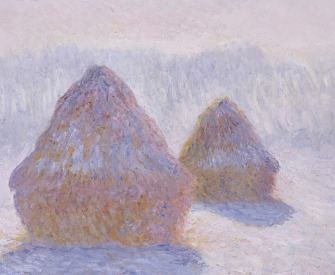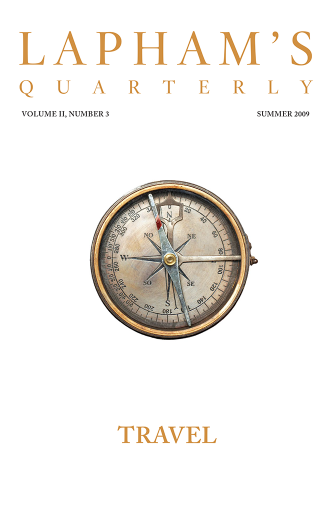The whole earth is the Lord’s garden & He hath given it to the Sonnes of men with a general Commission. Genesis 1:28: increace & multiplie; replenish the earth & subdue it, which was againe renewed to Noah. The end is double & naturall, that man might enjoy the fruits of the earth, & God might have His due glory from the creature. Why then should we stand striving here for places of habitation, etc. (many men spending as much labour & coste to recover or keepe sometimes an acre or twoe of Land as would procure them; many & as good or better in another Countrie) & in the meane time suffer a whole Continent as fruitfull & convenient for the use of man to lie waste without any improvement?
That which lies common & hath never beene replenished or subdued is free to any that possesse & improve it, for God hath given to the Sonnes of men a double right to the earth; theire is a naturall right & a civil right. The first right was naturall when men held the earth in common, every man sowing & feeding where he pleased. Then as men & theire Cattell encreased, they appropriated certaine parcels of Grounde by inclosinge & peculiar manuerance, & this in time gatte them a civill right. Such was the right which Ephron the Hittite had in the field of Mackpelah wherein Abraham could not bury a dead Corpse without leave, though for the out parts of the Countrie which lay common he dwelt upon them & tooke the fruite of them at his pleasure. The like did Jacob, who fedde his Cattell as bouldly in Hamor’s Land (for he is said to be Lord of the Countrie) & in other places where he came, as the native Inhabitants themselves. That in those times & places men accompted noething theire owne, but that which they had appropriated by theire owne industry, appears plainely by this: that Abimilecke’s servants in there owne Countrie, when they ofte contended with Isaacke’s servants about welles which they had digged, yet never strove for the Land wherein they weare. As for the Natives in New England, they inclose noe Land, neither have any settled habytation, nor any tame Cattle to improve the Land by, & soe have noe other but a Naturall Right to these Countries. Soe as if we leave them sufficient for their use, we may lawfully take the rest, there being more then enough for them & us.
John Winthrop, from his journals. Winthrop drafted his declaration of intent while practicing law in London two years before sailing to the Massachusetts Bay Colony, where he claimed “civil right” to the property that he envisioned as a “city upon a hill.”
Back to Issue




